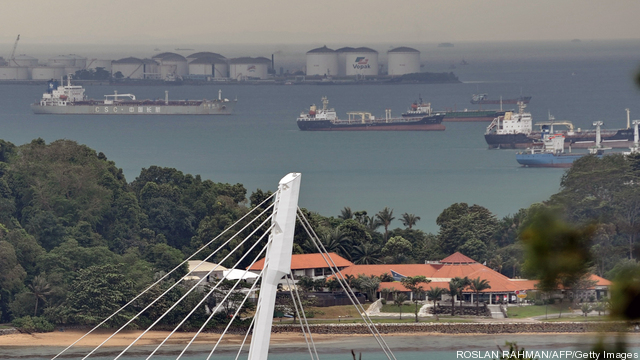
The Colorado Public Utilities Commission on Thursday ruled that Xcel Energy will not be able to collect the $16.6 million balance it says it is owed for work performed on the SmartGridCity project in Boulder.
The ruling is in line with an earlier decision by an administrative law judge that the utility should not be allowed to collect the remaining $16.6 million in costs it incurred in the project because it had not met established criteria demonstrating customer benefits, according to a story in the Boulder County Business Report. Keep reading →









